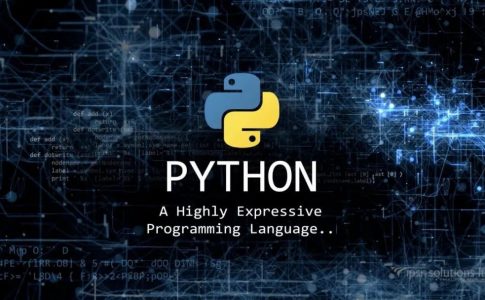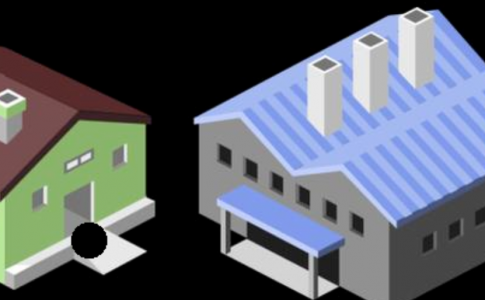Mastering Computer Science: It’s About Smart Learning, Not Just Hard Work!
I. Suggestions from Experienced Learners
-
Be Selective with Club Activities
If you attend an ordinary school and come from an average financial background, participate in club activities in moderation. On one hand, technical jobs rarely require these experiences, and companies won’t care about them. On the other hand, an average financial situation means you’ll likely rely on technical skills for your career, and club activities’ skills are mostly useless in the workplace. -
Focus on Core Courses
Pay close attention to several important foundational courses, such as data structures, computer organization, operating systems, and database principles. These courses are the core of computer science and will lay a solid foundation for your future learning and career. -
Learn a Foreign Language, Especially English
Many official documents and technical materials are in English, and many technical issues and bug descriptions are also in English. Mastering English will enable you to more efficiently access and understand technical resources. -
Master One Programming Language
At least become proficient in one of C/C++/Java. You can learn other languages when needed. Newer languages aren’t always better; mastering one core language can give you a competitive edge in your technical skills. -
Get Comfortable with Databases
Be proficient in at least one database and be able to write SQL statements well. Databases are the foundation of almost all software projects, and mastering them will at least secure you a basic job. -
Internships and Job Fairs
If you plan to work right after graduation, try to intern during your junior year or attend more job fairs. This will give you a clear idea of what skills are needed for job hunting. If possible, pursuing a master’s degree is still a good option. -
Write Technical Notes and Get Familiar with Linux
Learn to write technical notes and spend 0.5–2 hours learning Markdown syntax. If you have a few hundred dollars to spare, consider purchasing a cloud server like Alibaba Cloud to familiarize yourself with the Linux system. -
Avoid Gaming Addiction
Games are just numbers in a database. It’s fine to enjoy them occasionally, but getting addicted is a waste of time.
II. Useful Websites
-
GitHub: https://github.com/
The largest code-hosting platform for programmers, where many developers find open-source projects to learn from. -
LeetCode: https://leetcode.com/
A collection of common programming interview questions, a great place for job seekers to practice coding problems. -
CodinGame: https://www.codingame.com/
Play games by completing coding challenges online, which is very relaxing. -
Coursera: https://www.coursera.org/
Offers a wide range of courses suitable for self-learning, with some courses available in Chinese.
III. Recommended Instructors for Programming Languages
IV. Recommended Books
-
C++: C++ Primer
-
C Language: C Primer Plus
-
Python: Python Programming: From Beginner to Advanced
-
Java: Head First Java
V. Programming Languages & Tools
-
Java: Recommended tool: IntelliJ IDEA
-
C++: Recommended tools: Xcode (for Mac) or Visual Studio Code
-
Python: Recommended tool: PyCharm
Career Paths for Computer Science Majors
As a computer science major, your future career options are not limited to the IT industry. With the knowledge and skills you’ve acquired, you can find broad development opportunities in non-IT fields:
-
Finance Industry: With the rapid development of financial technology, the demand for computer-savvy talent in financial institutions is growing. You can work in risk assessment, quantitative trading, financial product development, etc., using algorithms to predict market trends and support investment decisions.
-
Media Industry: In the era of digital media, programming and data processing skills can help optimize content distribution systems and enhance user experience. You can also participate in the development of new media products and innovate information dissemination methods.
-
Healthcare Industry: Get involved in the development and maintenance of medical information systems to ensure the security and efficient management of patient data. Use data analysis to uncover the potential value in medical data and provide decision-making support for disease prevention and treatment.
-
Education Industry: Develop online education platforms to contribute to the digital dissemination of educational resources. Design personalized learning software to improve teaching effectiveness.
-
Manufacturing Industry: Apply your computer science knowledge to industrial automation and smart manufacturing. Write control programs and optimize production processes to increase efficiency and product quality.
-
Energy Sector: Use computer technology for energy management and optimization. Develop smart grid systems to achieve efficient energy distribution and utilization.





No comments